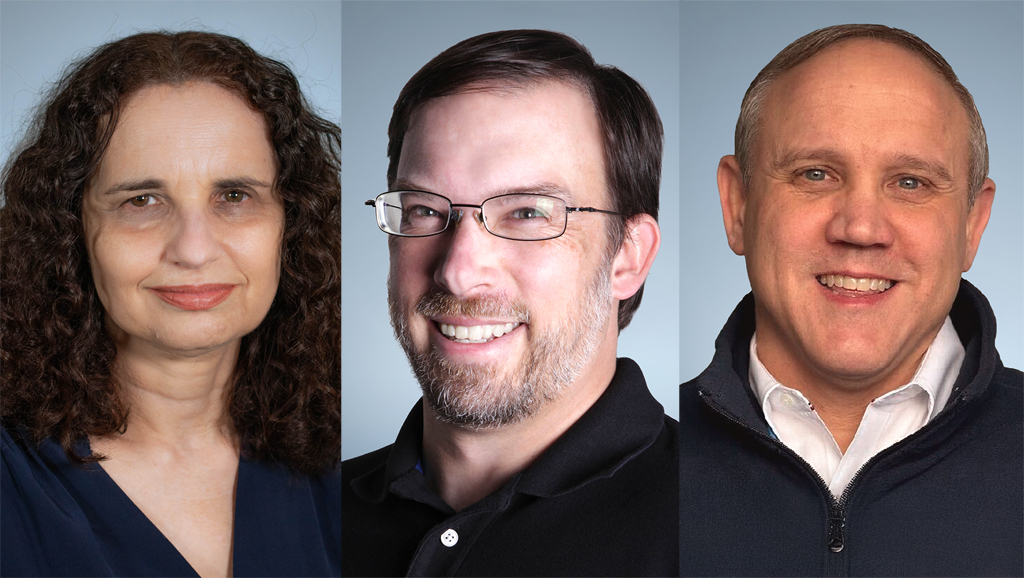The professional video industry's #1 source for news, trends and product and tech information. Sign up below.
You are now subscribed
Your newsletter sign-up was successful
FCC Changing Radiotelegraph Operator Certificate Class/Terms
If you hold a radiotelegraph operator certificate, be aware that the FCC is changing your license class and term. The changes remind me of what happened to the First Class Radiotelephone certificate I acquired around 1969, and which later became a “General Radiotelephone License.” The ARRL has a good description of the changes in Changes to FCC Radiotelegraph Operator Certificates Coming May 20. The article notes, “…the FCC has consolidated the T1 and T2 Radiotelegraph Operator Certificates into a new license class called the Radiotelegraph Operator License (T). According to the FCC, this change takes effect upon renewal: T1s and T2s that are renewed on or after May 20, 2013 will be renewed as Ts, but existing T1s and T2s will retain their current license class for the duration of the current license term.”
Sprint Official Says Video Is Straining Wireless Networks
Kelly Hill, writing on RCRWireless.com reports on the LTE Innovation Summit: Sprint’s multimode network, smart antennas and Wi-Fi. The article is full of information on what's happening in the wireless business with LTE.
I found his opening especially interesting: “Sprint Nextel Corp. is working to deploy a network that will be multiband and multimode, including both FDD and TDD flavors of LTE, according to Doug Alston, director of technology and strategy for the carrier. Alston was speaking at the LTE Innovation Summit in San Diego, Calif., this week, which covered topics from base station antennas to the role of Wi-Fi and LTE-Advanced network features. Alston said that after years of the telecom industry talking about a 'killer app' for mobile, 'The killer app is video. And that killer app is eating us alive. It’s putting a great strain on our networks.'”
Broadcasters' mobile DTV was not mentioned in the article, but it seems like an obvious solution to at least part of the problem.
Support for Broadcast Spectrum
I'm sure you've seen the comments that broadcasters should hand over their spectrum so wireless carriers can use it to provide broadband, and perhaps even multicast video content. Of course, consumers will either pay for the service or pay for the data--and maybe both--so it makes good business sense. Alan Wexelblat takes an interesting look at this in his Copyfight.corante.com posting Who Should Be Using Broadcast-TV Spectrum?.
I liked his closing paragraph:
“If broadcasters aren't going to use that spectrum, who will? Salmon believes that the spectrum will be auctioned off and bought mostly by cell and wireless data providers. This would, he says, 'create more value.' I'm not sure for whom this value would be created, though, and I should point out that as long as high-speed Net penetration in the U.S. remains as crappy as it is (not universal, non-competitive, and stupidly expensive) then the idea of just handwaving away broadcast looks remarkably parochial. Sure, if you live in NYC like Salmon does (or near Boston as I do) then the loss of broadcast isn't something you'd notice. Drive an hour or two away from those major metro hubs, though and you bet there are a lot of people who would be well and truly pissed off if broadcast suddenly vanished.”
Comments and RF related news items are welcome. Email me at dlung@transmitter.com.
The professional video industry's #1 source for news, trends and product and tech information. Sign up below.

Doug Lung is one of America's foremost authorities on broadcast RF technology. As vice president of Broadcast Technology for NBCUniversal Local, H. Douglas Lung leads NBC and Telemundo-owned stations’ RF and transmission affairs, including microwave, radars, satellite uplinks, and FCC technical filings. Beginning his career in 1976 at KSCI in Los Angeles, Lung has nearly 50 years of experience in broadcast television engineering. Beginning in 1985, he led the engineering department for what was to become the Telemundo network and station group, assisting in the design, construction and installation of the company’s broadcast and cable facilities. Other projects include work on the launch of Hawaii’s first UHF TV station, the rollout and testing of the ATSC mobile-handheld standard, and software development related to the incentive auction TV spectrum repack. A longtime columnist for TV Technology, Doug is also a regular contributor to IEEE Broadcast Technology. He is the recipient of the 2023 NAB Television Engineering Award. He also received a Tech Leadership Award from TV Tech publisher Future plc in 2021 and is a member of the IEEE Broadcast Technology Society and the Society of Broadcast Engineers.
